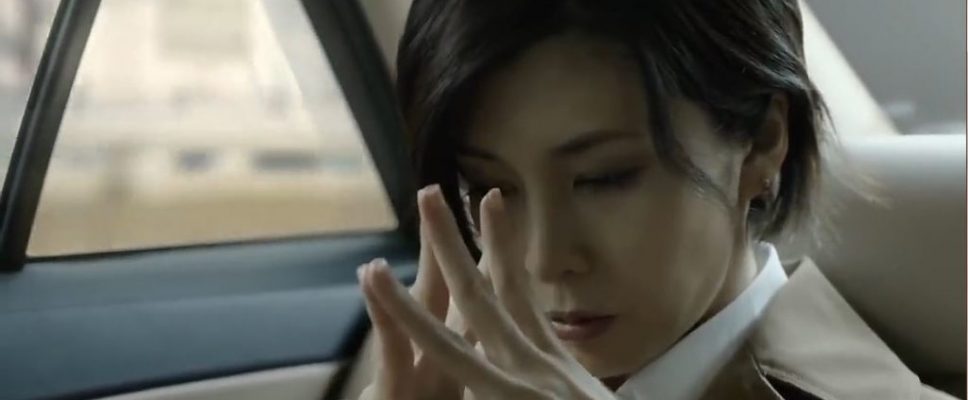Japanese Sherlock Comes to America
What’s this? Sherlock Holmes turning Japanese?
Is this cultural appropriation? If it is (and I don’t care to be honest), it’s done right.
Introduced in September on HBO Go (but also found on YouTube, at least for now), “Miss Sherlock” (8 episodes) reimagines Conan Doyle’s duo as women sharing a flat in Tokyo. The recipe is simple: take the original stories for inspiration, take the visual look of the BBC series, filter the scripts through Japanese sensibilities, and you get fusion mysteries.
Sherlock, played by Yuko Takeuchi, has the brilliance and arrogance of the original, but expressed in ways that are uniquely Japanese. Slouching, all arms and legs, given to outbursts of laughter and inappropriate questions, she casually violates Japanese norms for behavior and etiquette by being totally focused on her work (she must have been impossible as a child). She is also sensitive to sound, plays the cello instead of the violin, and needs a Watson to follow behind her if only to apologize in her wake.

While Watson, played by Shihori Kanjiya, is a doctor, she is not an army veteran but an aid worker traumatized by her stint in Syria that she abandons medicine. She is also less than Sherlock’s companion and friend – Sherlock frequently denies to other people that they’re friends – and more her cook and assistant.

The stories were inspired by Conan Doyle’s tales and the visual elements inspired by the BBC series. But inspirations did not mean imitation. The original stories serve as launching points that veer off in new and sometimes very Japanese directions. For example, one episode was inspired by the mother-found-drawing-blood-from-her child found in “The Sussex Vampire,” but ends with a different solution that involves an anime hero.
Another pleasure I enjoyed came from simply seeing Japanese actors performing in Japan. It all looks so different from what I see on American and British television: the close-in walkable neighborhoods, the simple clothing and interiors, the calm way people treat each other (until they don’t, of course), the presence of Japanese manners and customs.

From reading books such as “The Way of the Japanese”, I happily recognized why Watson yelled “shoes!” after Sherlock entered a woman’s apartment, and that holding her hand over her mouth as Sherlock sampled her food at a restaurant counter was to prevent a breach of etiquette.
The mysteries were a mix of adequate to good. The first two episodes drag a bit, and I saw the solution before they did (always a bad sign). Sherlock doesn’t have many opportunities for demonstrating her deductive abilities. But I was hooked, even more so when further episodes grew more involving. Even though I haven’t finished watching all eight episodes, I’m already hoping that there will be a second series.
(Note: Thanks to author Paul Bishop, whose post alerted me to the existence of “Miss Sherlock.”)


